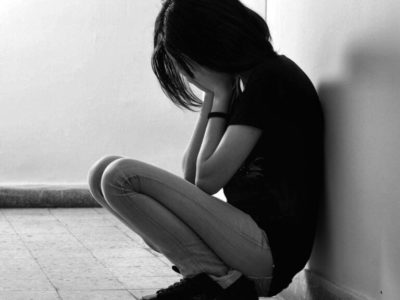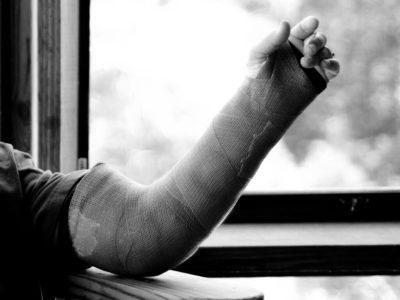I was always happy. Everyone told me I was smart, that I’d do well wherever I ended up going to college. And I was smart. I tried my best and, for four long high school years, worked so hard I barely had a social life. But I never obsessed about my grades. I never let school overwhelm me, because I truly loved learning things.
Then, I went to college.
I ended up at Yale, a university where I suddenly wasn’t the best student in the room; where, for the first time, I was average. I’d been so excited when I was accepted. I’d be at an amazing school, one of the “best.” And, because it was one of the “best” and, according to the admissions officers I was too, it must be the right fit for me.
I got to school in a fit of tears of homesickness that quickly went away once I started doing things. I was pulled into the party scene of freshman year, I made friends with my suitemates and I hooked up with more guys in a month than I had in the last four years. I went out two nights a week–sometimes three. I’d never been a partier before, but I did it, because that’s what other people seemed to do. Even though many students went out four nights a week, Wednesday through Saturday, they still made straight As, were the head of different clubs and showed up to their nine a.m. Thursday classes. That’s what people did. I enjoyed my classes (well, maybe not German at nine every morning), joined two clubs that I loved and still went out on Wednesdays. It worked–until my second semester.
I came back from break determined to go out less. To really focus on my classes. But, for some inexplicable reason, that didn’t work. I changed my German class to ten and still only made it about half the time. I stopped doing my homework. I got worse. I tried to rationalize why I wasn’t eating, sleeping or even leaving my room. I was tired. I had a stomachache. I had my heart broken again, but, of course, it was my own fault for letting him.
A week passed. Then two. My parents got an appointment with my home doctor. She told me I had something called major depressive disorder and put me on meds. I went back to school and saw a school therapist whom I hated. I was close enough to for my parents to visit for Sunday brunches or Friday sushi. And, whenever I saw them, I asked them to let me come home. For parents of a daughter who voluntarily put herself on a British history course of reading one summer and spent more time with her teachers than her friends, this didn’t make sense. I couldn’t tell them what the problem was.
Spring break came and I lay in my bed at home. I went back to school and lay in bed there, too. So many weeks passed that one Friday my dad got a call from my dean. Your daughter isn’t going to classes and hasn’t for weeks. She won’t pass the semester. She’s clearly deeply depressed. Get her to withdraw on medical grounds. So, two weeks before finals, I came home. My parents were upset that they hadn’t seen it earlier or brought me home when I asked. I was just relieved, but still couldn’t help thinking I was letting down everyone who had ever told me that I was smart and would do well.
Even so, home was a distinct improvement. The heartbreaker boy was gone. So were the suitemates I still couldn’t call friends, although I thought that whatever upset them was my fault. There were no professors expecting As and no peers with whom I could compare myself. I was home. Everyone knew me. Everyone wanted the best for me, and they were willing to provide hands-on support. I found a therapist I actually liked and a medication that worked. My days went from lying in bed all day to lying in bed most of the day to managing three hours straight of interacting with the world. Slowly, things I loved came back to me. I could pick up a book and focus on it or talk to my grandparents on the phone. The days grew longer and hotter and I got better. Slowly.
One day I realized I wanted to play the piano, something I hadn’t done in a year. May ticked past, then June, and, slowly, I got better. I downloaded mindfulness apps and started an entirely blank journal. I decided I wanted to see friends again and texted someone I’d ignored for a month. I made peace with not being as good at German as I was at Spanish. I even made peace with that heartbreaker boy. For myself, at least.
Recently, I looked at myself in the mirror and thought about all the credits I’ll eventually have to make up. “Well,” I told the mirror me, “it’s your own–” She stopped me and smiled. “No. It isn’t.”
44% of college students in the US report having symptoms related to depression, but only a quarter seek help. There is a stigma surrounding mental illness, a stigma that I party to a year ago. The most important thing I learned freshman year at Yale? It’s okay to need help, and it’s courageous to ask for it.



















